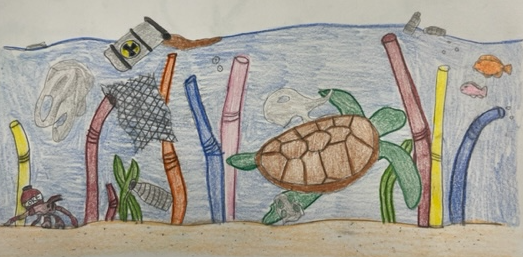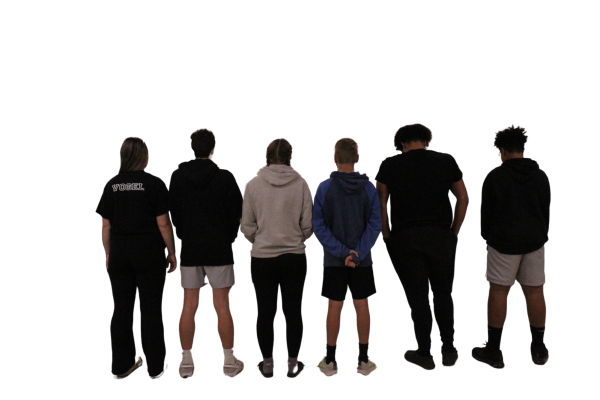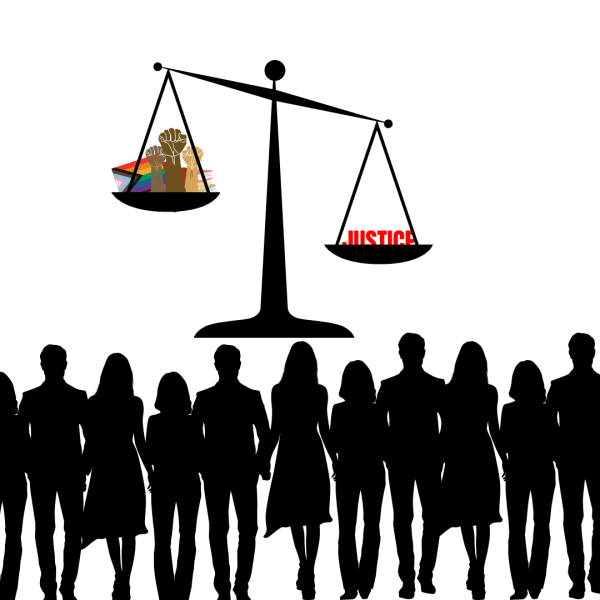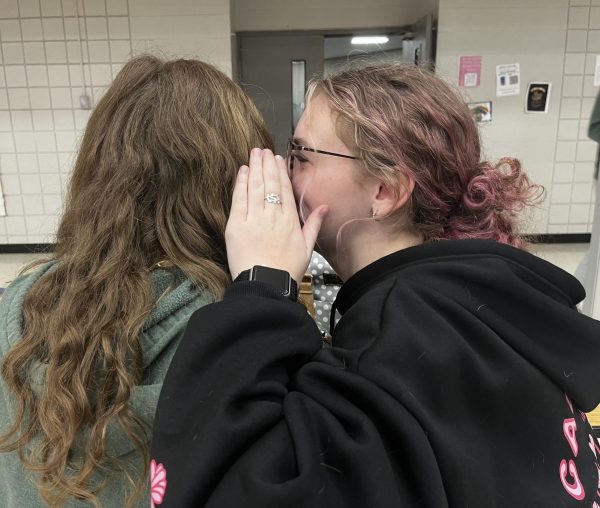A plastic ocean: the impact ocean pollution has and how it affects marine wildlife
From the peak of Mount Everest to the deepest trough in the Mariana Trench, plastic has been emerging throughout the world, and we’re to blame. There are over 30 billion tons of plastic in the ocean, a great source of that coming from the Great Pacific garbage patch – now twice the size of Texas – which carries more than 1 trillion pieces of plastic. It’s unbelievable, not to mention embarrassing, that we have destroyed the planet in the way that we have.
The consumption of plastic by these creatures result in suffocation, starvation, drowning, entanglement, infection and indigestion, which leads to death in most cases. It’s one thing to destroy our planet, but it’s another thing to kill the innocent animals living amongst it.
Marine life such as turtles, tropical fish, seabirds and whales are the most impacted by plastic and microplastics in the ocean; however they’re not the only ones being impacted by plastic pollution. Hermit crabs, octopuses, seals, plankton and even fish larvae are deeply impacted by humanity’s disregard for the life of others.
Too many individuals refuse to accept that plastic pollution affects us in a detrimental way. For example, many of us alike enjoy eating seafood, but the majority of crustaceans (shrimp, crab, lobster), mollusks (clam, oyster, mussel) and fish are drowning in microplastics that we then consume into our bodies and bloodstream, which can lead to damage in human cells, inflammation of the body and oxidative stress, confirms the Plastic Health Coalition. The coalition also mentions that the average American consumes 74,000 microplastics per year. We’re not only hurting sea animals from across the ocean, but also ourselves. We’re practically poisoning ourselves because of our own selfishness, and for what? Money? Money won’t mean anything when we’re all gone because of our greediness and need to control everything.
Debris like plastic bags and fishing nets are perceived by sea turtles as their natural prey, the jellyfish. However, the consumption of these elastic bags leads to many of them floating as the result of trapped gas in their body. Because the gas causes them to float, they become an easier target to predators and don’t have a way to get food, so they end up starving.
Plastic pollution is commonly known, but there’s also a different form of pollution, and that’s water pollution.
The beluga whale is now considered the most toxic marine animal in the world from consuming so many toxins from different pesticides, chemicals and herbicides. Because of this, they have high rates of cancer as well. In North America alone, about 2.7 million gallons of petroleum oil spill in the ocean annually, according to the National Academies. Some of the whales that died are being disposed of and marked as toxic waste because of the high toxicity rates in their bloodstream. However mortifying to grasp, it’s not only beluga whales that are at risk from toxin and oil spills. Sea otters and birds, as well as fish and their larvae are also affected from oil spills coming ashore.
Birds are the majority of those impacted by oil spills, as most oil floats on the surface of the water. Birds catching fish also inhale and catch gulps of oil spreading amongst the surface water, which in turn goes into their lungs where they suffer from chronic illnesses via toxic polycyclic aromatic hydrocarbons (PAHs) found in the oil. Types of oil involved include those coming from drilling rigs, according to the Science Direct.
There are ways for us to help stop the spread of plastic in our oceans. Even if it’s a small deed, it goes a long way. Reducing, Reusing and Recycling is one very popular way to help decrease the amount of plastic in our oceans. We as a society go through 50 billion plastic bottles in one year alone, so utilizing reusable bags, bottles and clothing can stop the increase of plastic pollution.
At least 80% of all plastic found in the ocean comes from the land we live on. As a result, it’s our job to do something about this serious problem evolving more harsher as the years pass by. We’re the ones that started this problem, so we need to be the ones to fix it.
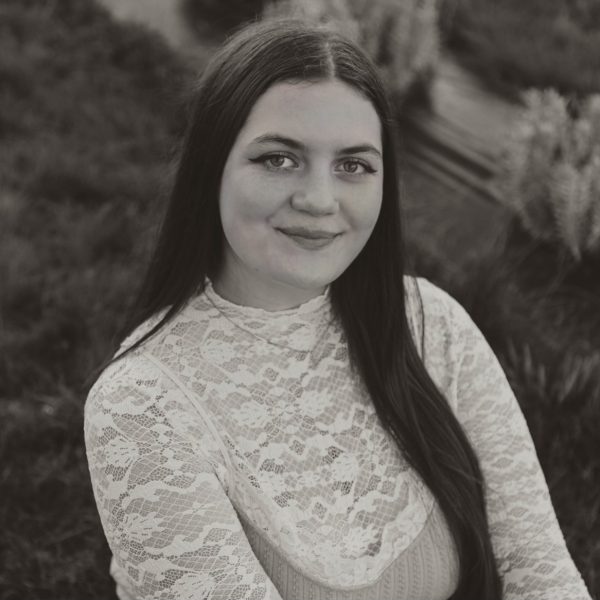
Taiyler Stanfield joined Uncaged halfway through her junior year and is an Editor-in-Chief this year. When she’s not yelling at students to do their...



